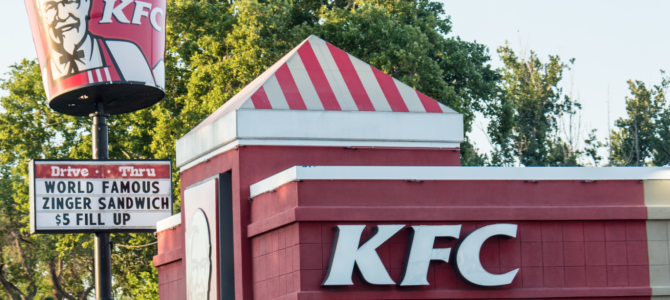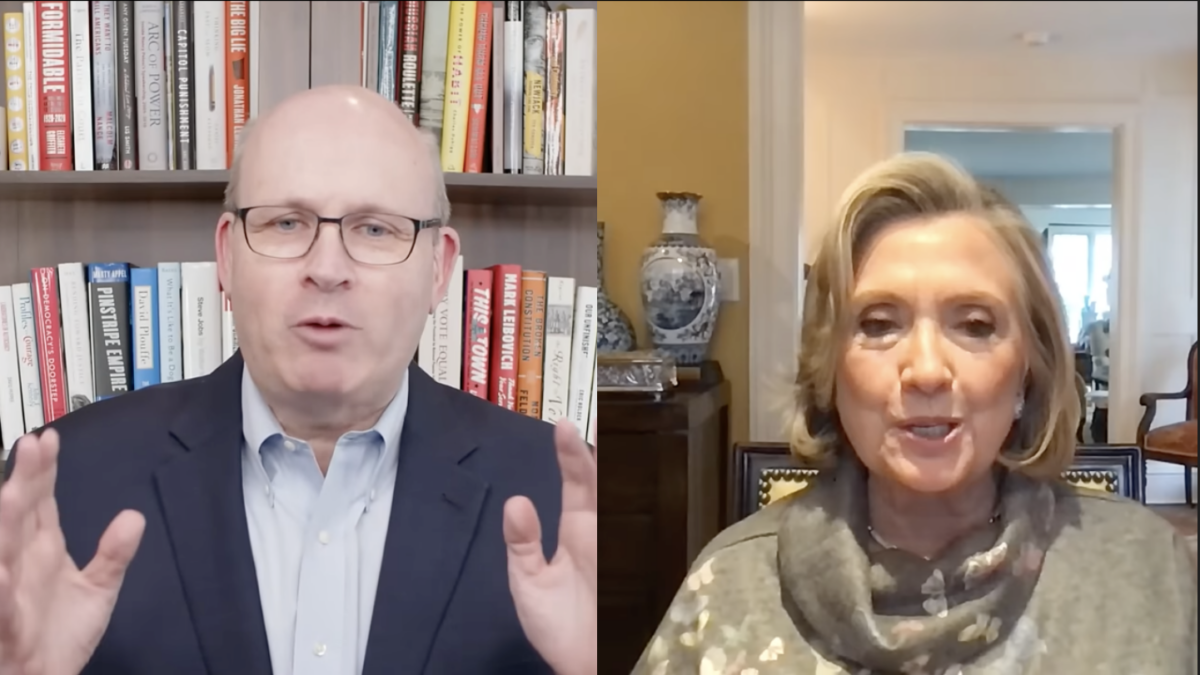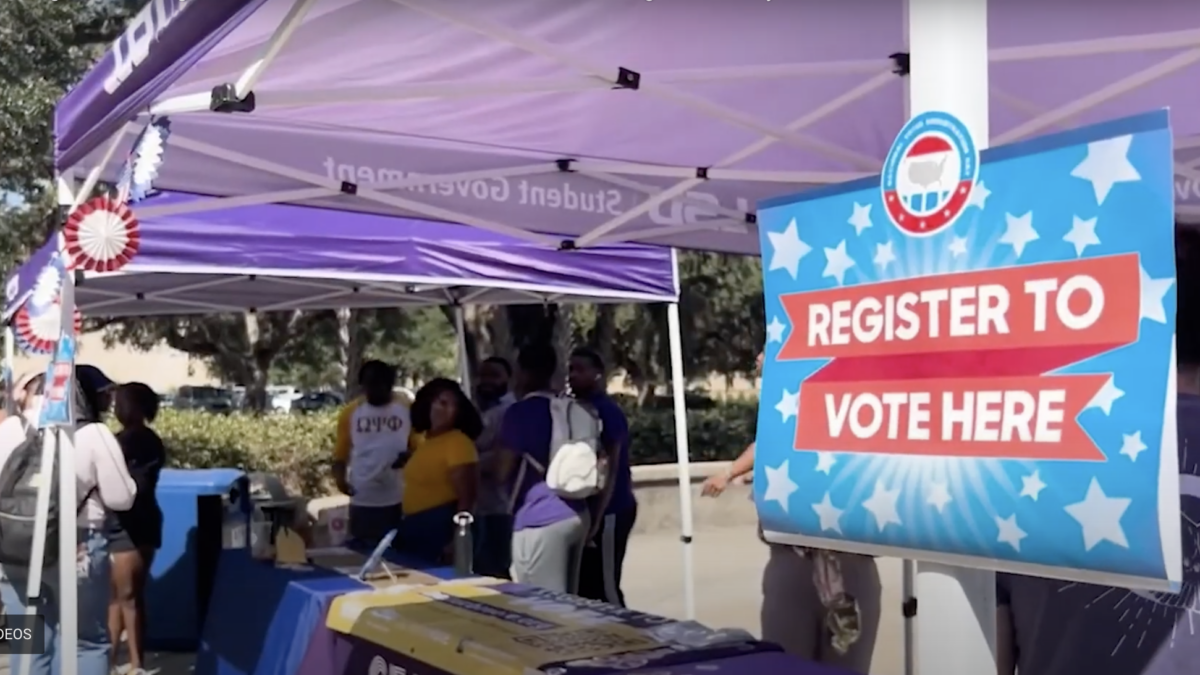Congress is close to passing the Coronavirus Aid, Relief, and Economic Security Act, or CARES Act. A number of items in the legislation try very hard to address: 1) the health care needs of U.S. citizens, 2) income needs of those citizens, and 3) economic stability and viability of U.S. businesses so they can keep people employed.
However, Section 2302 of the legislation is very costly and administratively burdensome, and it doesn’t achieve the objective of stabilizing our businesses so they can keep the workforce employed. Instead, it provides a massive tax rebate to corporations that could overwhelm the Internal Revenue Service and provide a boon to CPAs and lawyers as they apply net operating losses (NOLs) against prior year profits. Let me illustrate.
Over the last five years, Yum! Brands Inc. — the restaurant operator of famous drive-through restaurants KFC, Pizza Hut, and Taco Bell — has generated $7.1 billion in net income and paid $1.9 billion in taxes. This year, Yum! Brands might very well suffer a loss and a pretty big one since it is being forced to close the sit-down portion of its restaurants and operate drive-through only. Not to mention the lifetime supply of SpaghettiOs most of us bought at the supermarket, meaning many of us won’t be frequenting fast food restaurants nearly as often as we used to — especially if we just lost our job.
What Section 2302 allows companies like Yum! Brands to do is to get a refund on the taxes they have paid over the last five years — $1.9 billion in this company’s case. So if Yum! loses several billion dollars this year, it can apply those losses against the income it generated in previous years and request a refund.
Other provisions in the legislation include cash loans and grants to companies that try to retain their employees. This provision does not seem to accomplish anything but give a fat rebate check to companies and grant a significant boost for more lawyers and CPAs to assist companies in filing these NOLs to previous income tax filings — not to mention the additional administrative burden it will place on the IRS.
The median U.S. household income in 2018 was $63,179, which works out to $6,922 paid each year in taxes, or $34,610 paid over the last five years. The average person is not getting a tax refund of $34,610 on top of the other stimulus items in the bill, so why should companies get a rebate of that magnitude?
Here’s something else to think about: In the trailing 12 months, the S&P500 companies generated approximately $6.1 trillion in net income — which, using a 22 percent tax rate, would equate to $1.3 trillion per year of approximate taxes, possibly multiplied by five years. And these are just the largest companies in the United States. Section 2302 applies to every U.S. company, big and small.
We need to do the math on some of these provisions before we pass them blindly and leave future generations on the hook to pay for the additional debt. Along those lines, we probably should ask ourselves how we got here. Why, for the last two decades, have our companies been trained to shift their debt to equity ratios — and significantly more debt as a result of all of this cheap money created by the Federal Reserve — which left their balance sheets in no shape to handle a sharp downturn?
We will get through this, but we should not pass bad provisions in our efforts to stabilize the economy.







